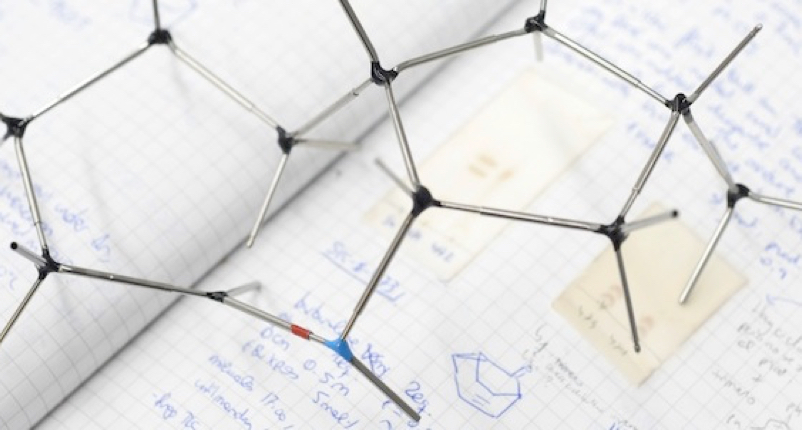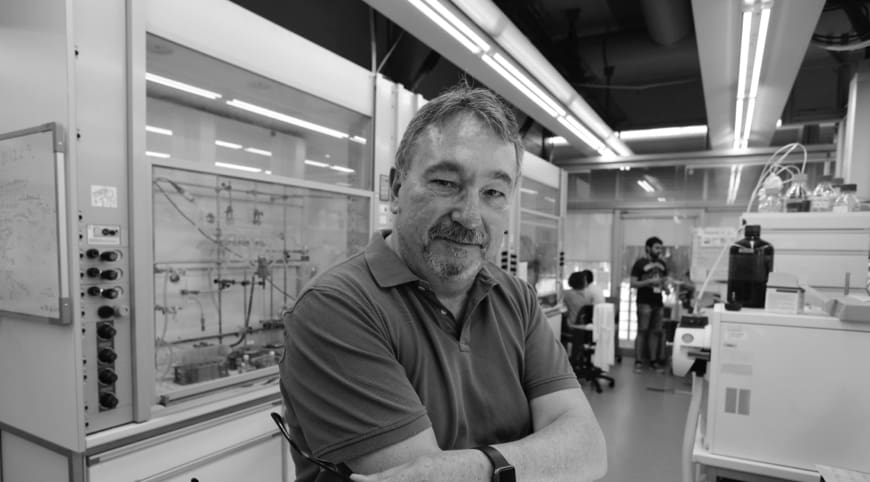Assessing the Recyclability of Supramolecularly Assembled Organocatalytic Species: A Theoretical Insight
Asymmetric organocatalytic synthesis is a powerful tool in organic chemistry to achieve desired stereoisomers in high purity via mild catalytic routes. The immobilization of homogeneous catalytic species onto heterogeneous phases embodies the evolution of asymmetric catalysis, since it allows the recycling of the catalyst for several runs until degradation. Previously reported non‐covalent immobilization of proline‐based catalysts for aldol reaction onto magnetic nanoparticles functionalized with β‐cyclodextrin (MNP‐β‐CB) demonstrated the viability of the methodology. This paper proposes two new catalyst recycling strategies based on Cucurbit[7]uril (CB[7]) for the aldol reaction and the Robinson annulation. These recycling methodologies are conceptually different. The former relies on the homogeneous encapsulation of the catalyst in cucurbituril, CB[7] ⋅ Cat, and its recycling in the aqueous phase by extraction of the aldol product with organic solvents. The latter relies on the heterogeneous encapsulation of the catalyst as MNP‐CB[7] ⋅ Cat2 system and its recycling by magnetic harvesting. Density functional theory (DFT) calculations have been employed to rationalize the thermodynamics of experimental results, and to suggest caveats and plausible improvements in view of a future catalytic design.

Llorens, L.; Llanes, P.; Fianchini, M.; Pericàs, M. A.
Isr. J. Chem. 2020, 60, 475-484
DOI:
10.1002/ijch.201900178

Let's create a brighter future
Join our team to work with renowned researchers, tackle groundbreaking
projects and contribute to meaningful scientific advancements



















